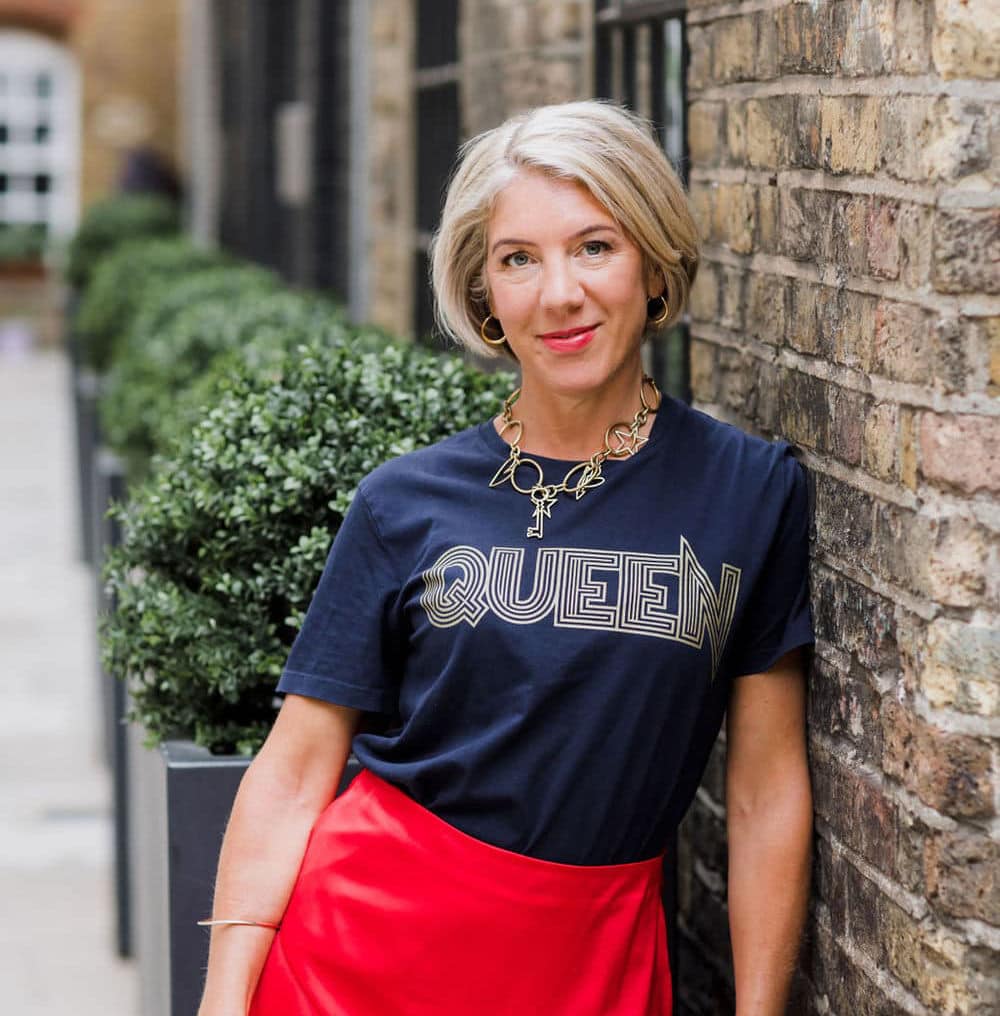
During the pandemic, many people have had a rethink about what they really want to do next. Are you one of those who’s considering a move to a new role?
Changing jobs or taking a promotion can feel like a risky thing to do, and many people struggle to come across well during the interview stage. It’s understandable to be nervous. The interview is a situation where you might feel you don’t have any power because you want the job, and you’re probably in competition with others to get it.
But that’s not the way it is. You are interviewing them to see if the role is right for you, your skills and your ambitions just as much as they are interviewing you to see if you’re the right fit for them. You have just as much power as they do, especially when you’re well prepared and you know how to demonstrate your gravitas.
This article is designed to help with that, and links to my previous one: How to demonstrate gravitas in interviews (part 1).
Personal branding
One thing that will help you to get noticed, promoted and hired is your personal brand – you could think of it as ‘what people say about you when you’re not in the room’. If people don’t know who you are, you won’t get the recognition or results you deserve.
To do this, other people need to recognise your expertise, respect your presence and feel the human connection. These are three of the six segments of the Gravitas Wheel© I devised when researching the elements that make up gravitas.
“Opportunities don’t happen, you create them.”
Chris Grosser

Expertise underpins your authority
Your expertise is unique and evolving all the time. To stand out from other applicants, you need to present your qualifications, career history, skills, experience and personal qualities.
Demonstrate your expertise by providing evidence. Look for facts to support the claims you make. It’s all about the impact you’ve made on the organisation, and therefore what you could do for your new employer. This could be in the form of stories about your achievements, or in the form of numbers, such the percentage turnover increase since your project launched or the reduction in complaints since you took over the department.
Other ways to boost your credibility include external endorsements such as recommendations, reviews and testimonials from other people, so collect those and quote them when appropriate in the interview process.
Presence is about how others see you
Interviews are when you need to ‘dial up’ your presence. No hiding your light under a bushel – let your inner light shine! You need to capture and hold the attention of the interviewer so they remember your name and call you back for the next stage.
To do this, allow yourself to radiate energy as soon as you enter the room, let your passion show in your conversation, be brave enough to be your unique and wonderful self.
Other tips include keeping your mind clear and focused, ensuring your body is comfortable and at ease, sitting and standing with an open and relaxed posture, and letting your voice be steady and resonant.
Connection, because people do business with people
Put yourself in the interviewer’s shoes. Don’t panic, they’re human beings too (and they may not have been taught how to conduct a good interview). Remember, you have some power here. So step into it.
Pay attention – don’t get distracted and fiddle with your phone while waiting in reception.
Be warm and friendly. This could be the beginning of a long-lasting new working relationship whether you secure the role or not, so you want to make a genuine connection from the start.
To build rapport, you might match or mirror the interviewer’s body language, even the pace of their breathing. Repeat what they say to be sure you’ve understood it. Use probing questions if there’s anything you don’t understand. Maintain eye contact and make responsive sounds and gestures to show you are listening while they talk.
“One important key to success is self-confidence. An important key to self-confidence is preparation.”
Arthur Ashe
Final thoughts
Let’s end with a some true stories (with names changed for privacy).
Simon applied for a new job that was a big step up. He got down to the final two. His experience and qualifications were more-or-less equivalent to the other applicant, but Sanita won it. When Simon asked why he’d lost out, the employer said: “It was because Sanita was the one who asked for the job”.
Jane applied to work at a major retailer. The role had hundreds of applicants. At interview, she asked: “Please can I see where I’ll be working?” She got the job because she was the only one who’d shown that level of interest in the working environment, her potential colleagues, and the departmental ‘feel’.
Harriet was applying for a new job that involved more responsibility, but the salary was not much different to her current pay scale. She was nervous about asking for more at the interview stage. She took the advice of a coach who helped her find a form of wording she was happy with. Harriet told the interviewer: “I can’t afford to move for less than £x”. She got the job, and was granted the salary she’d requested.
Clearly, the moral of those stories is that you need to show your enthusiasm for the role, and ask for what you want. Also, that a coach can help you progress your career!
Finally, I wish you good luck! Do let me know how you get on.
What next?
For more about building your gravitas, please see the new edition of my book Leading With Gravitas , enquire about our Leadership Branding coaching programme or book onto my next Gravitas Masterclass.




